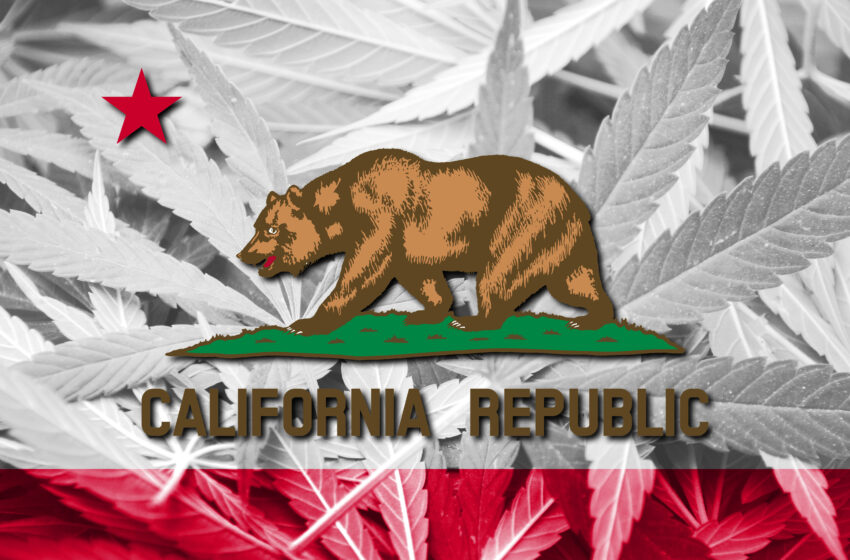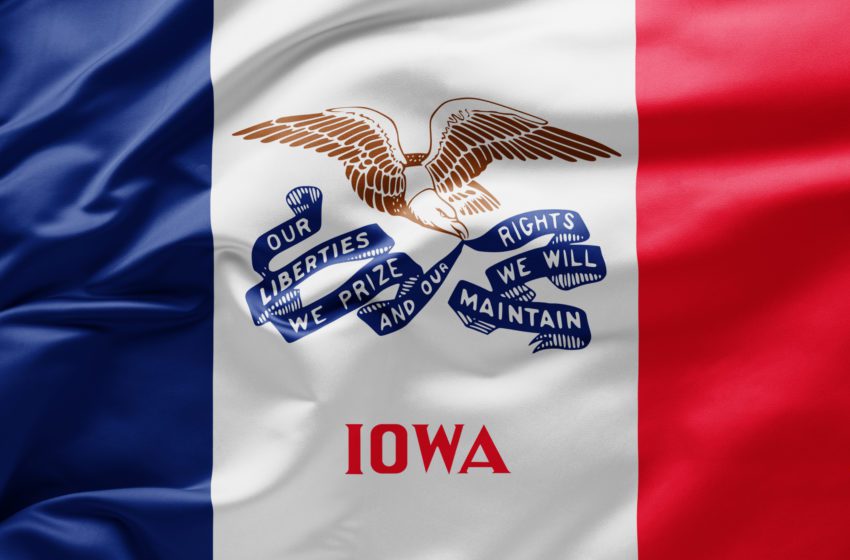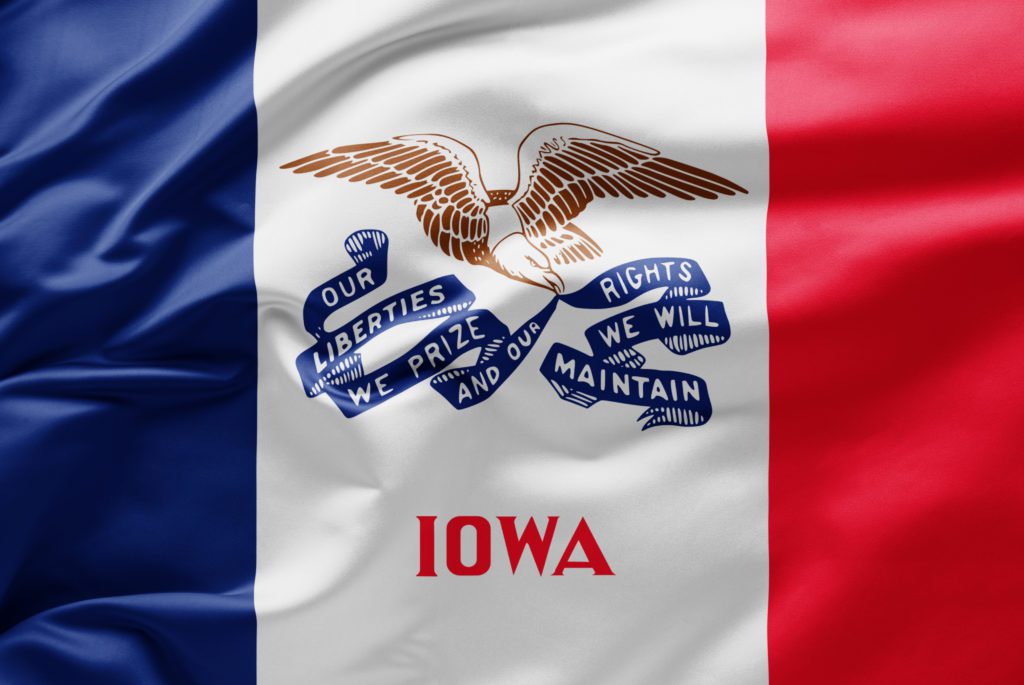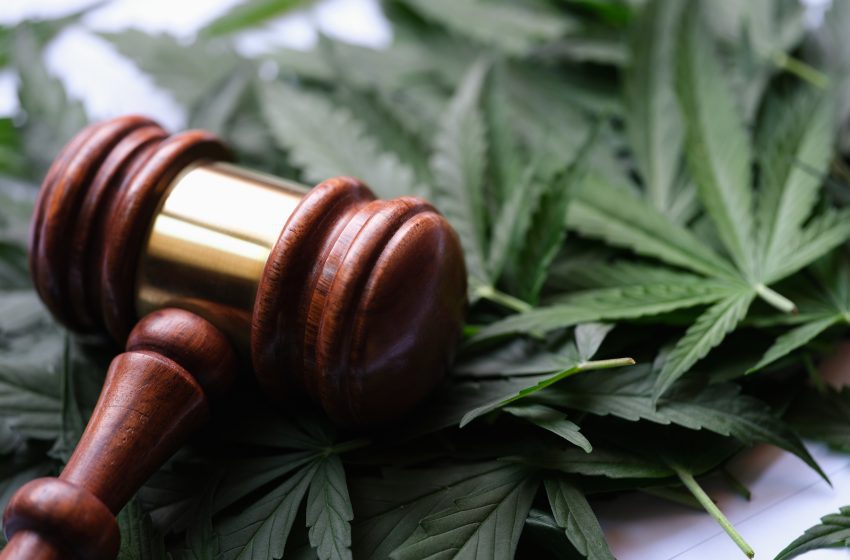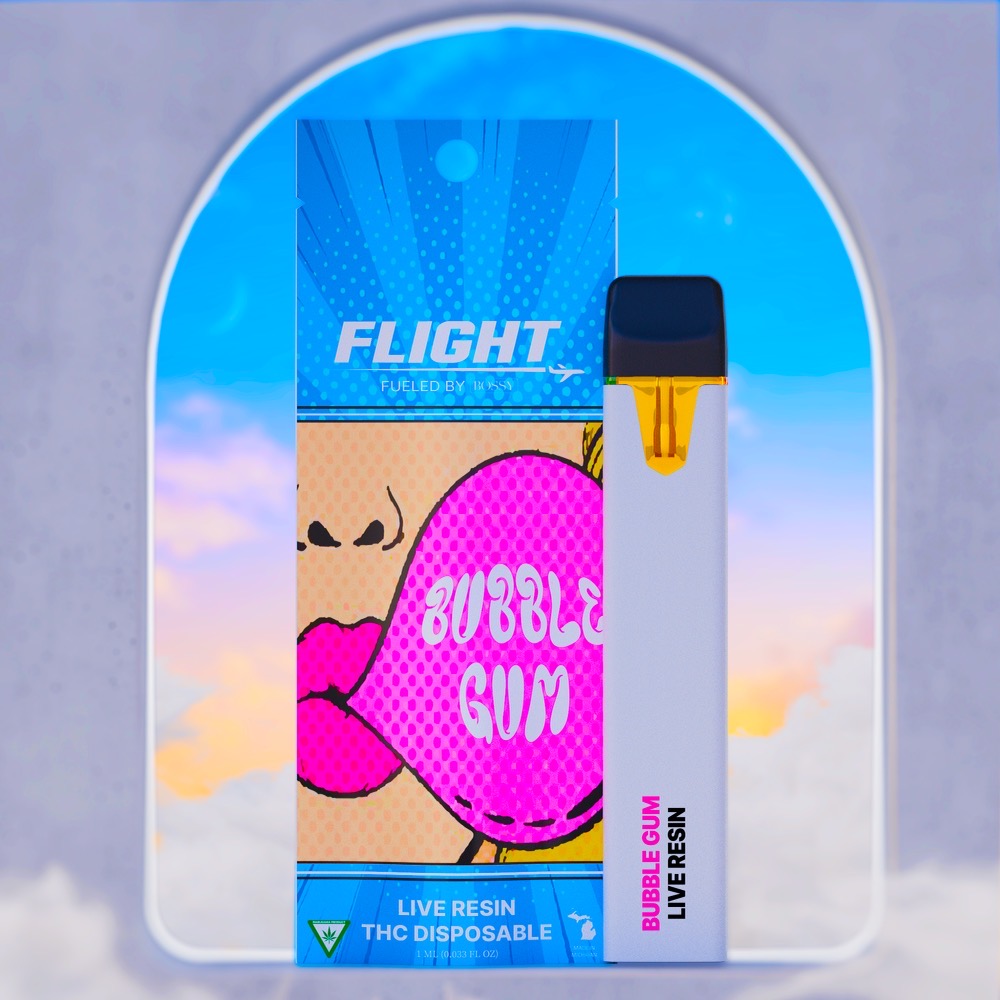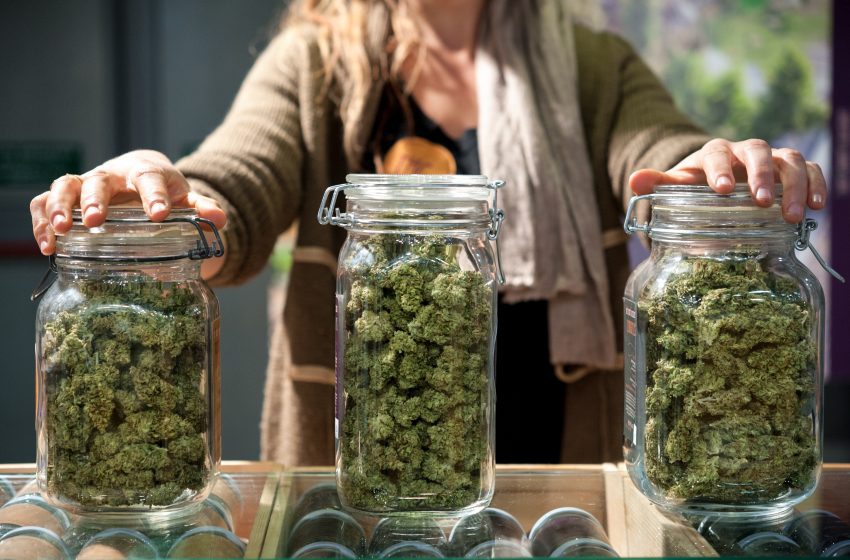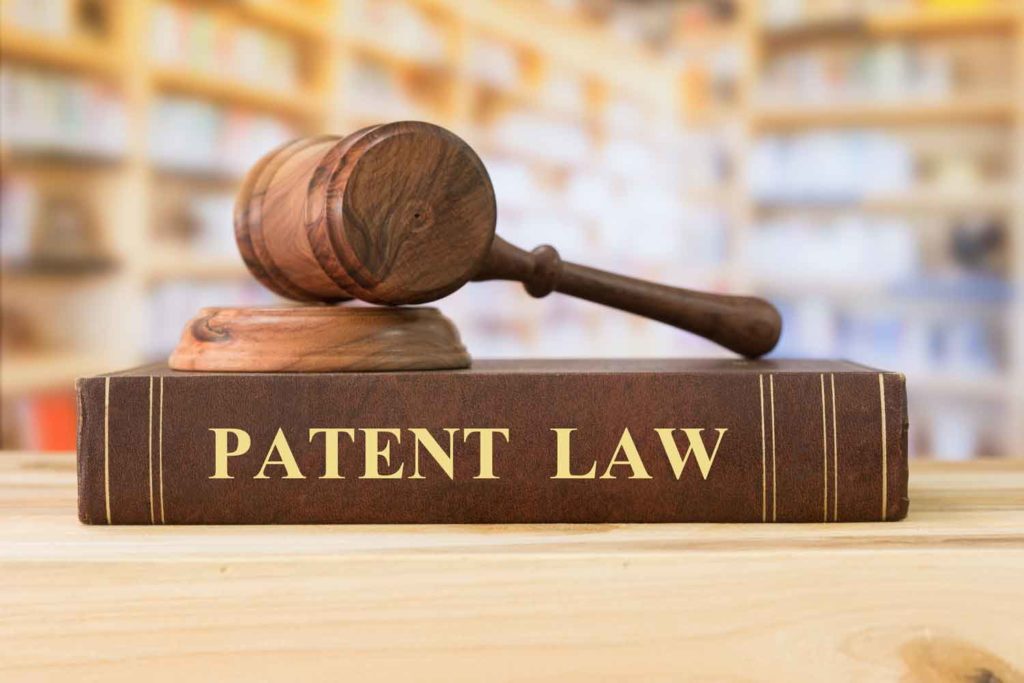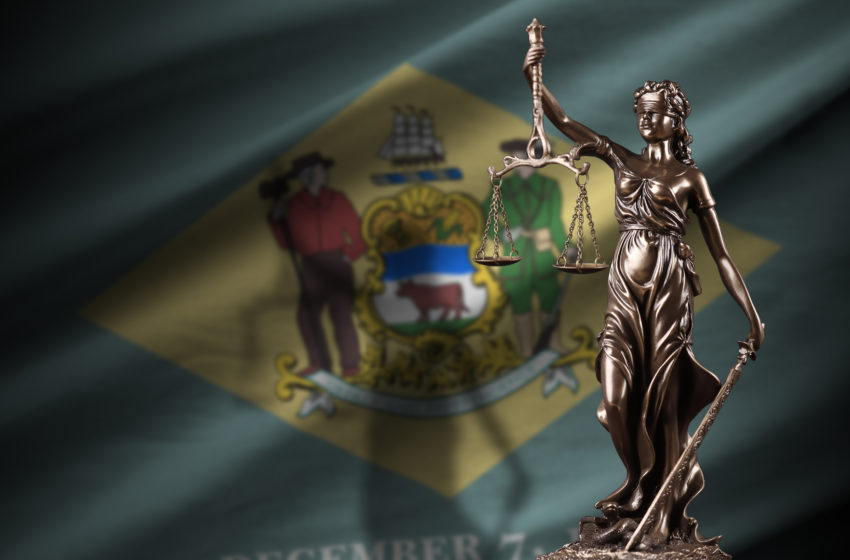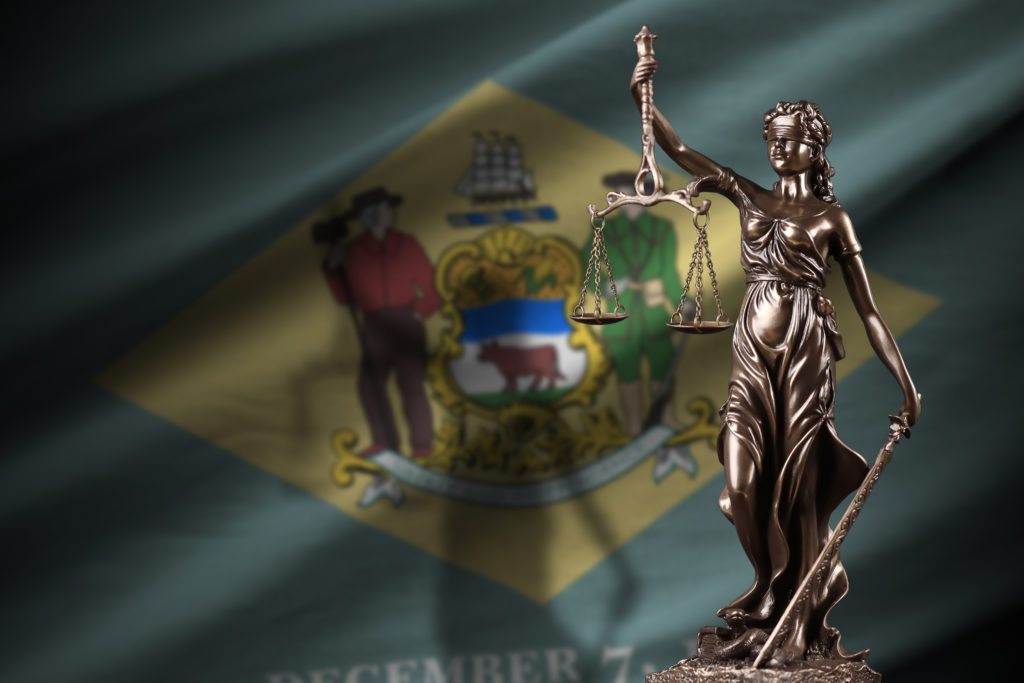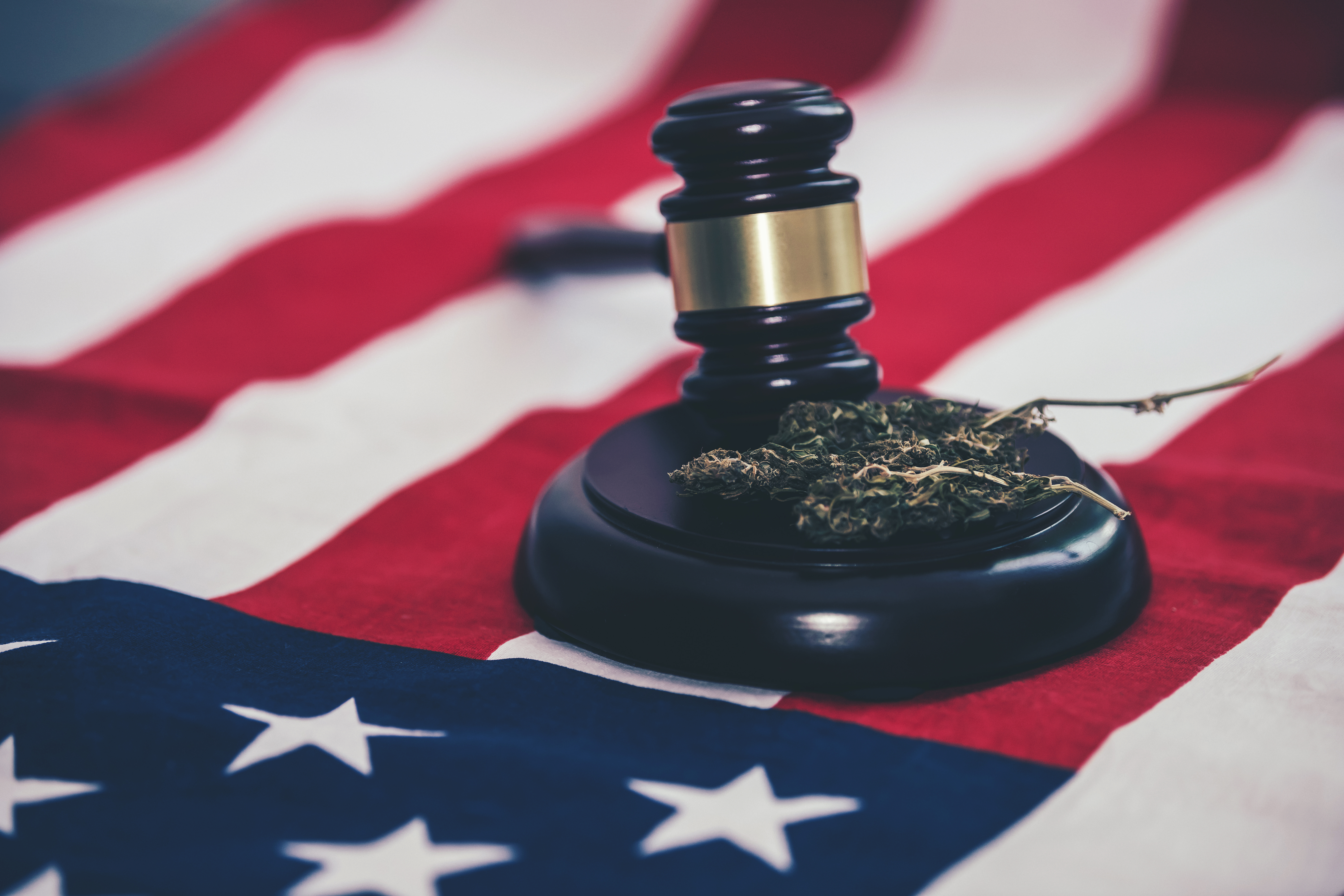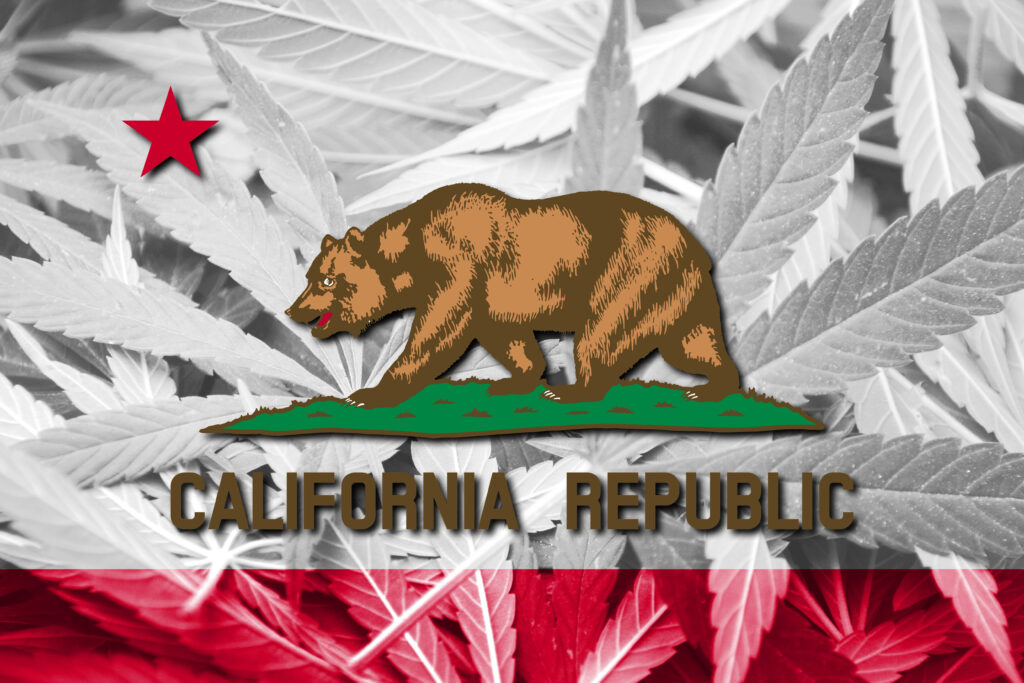
Gov. Gavin Newsom fired a direct attack Friday on the booming hemp industry, filing emergency rules that would completely ban THC — an intoxicating compound found in cannabis — from hemp products in the state.
Hemp products are sold outside of regulated cannabis stores and can be purchased online or at retail locations like gas stations throughout the state. Newsom said in a statement Friday that the emergency rules were needed to protect children, media reports state.
“We will not sit on our hands as drug peddlers target our children with dangerous and unregulated hemp products containing THC at our retail stores,” Newsom said. “We’re taking action to close loopholes and increase enforcement to prevent children from accessing these dangerous hemp and cannabis products.”
The emergency rules would require that all hemp products in California have “no detectable amount of total THC ” and that customers be over 21 to purchase them. The rules still need the approval of the California Office of Administrative Law before they go into effect.
Reg title: DPH-24-005E-Emergency Regulations for Serving Size, Age, and Intoxicating Cannabinoids for Industrial Hemp has been proposed. Click here to read the proposed regulations. Click here to read the “Finding of Emergency” on which they are based.
Most notably, under the proposed regulations the definition of “THC” is expanded to include “THC or comparable cannabinoids” and adds over 30 cannabinoids to the list of “THC”. Additionally, the amount of THC allowed in a serving is “no detectable amount.”
Cannabis attorney Rod Kight said, “This is an “all hands on deck” moment for the entire cannabis industry to stop this nonsense. If you have business interests in California, stop what you’re doing and call the Governor’s office and your state representatives now.”

